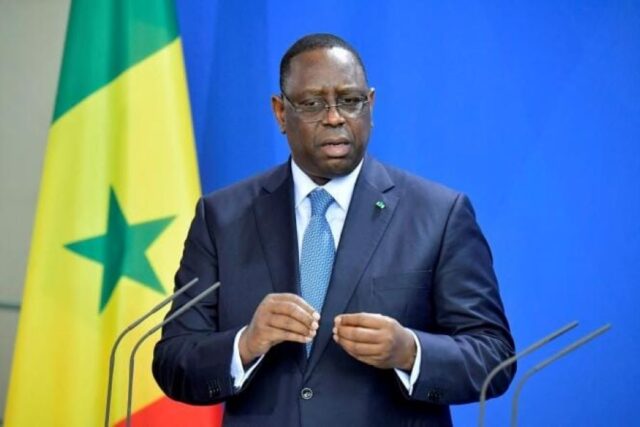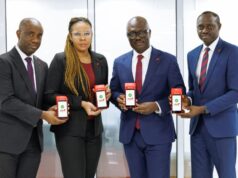…I meant to write about Senegal anyway, but now we have Pakistan and that’s enough to call this a theme
…In Pakistan, the authorities decision to hold elections yesterday, and despite many restrictions on the opposition PTI – de facto led by jailed leader Khan – has resulted in a strong showing for the PTI.
By Charlie Robertson
FRI, FEB 09 2024-theGBJournal|As you’re probably aware, Senegal’s hand-picked replacement to take the presidency on 25th February was not seen as a shoe-in – given a strong challenge by the opposition-led by jailed leader Sonko – and so President Macky Sall/parliament has postponed the February elections to December.
Meanwhile in Pakistan, the authorities decision to hold elections yesterday, and despite many restrictions on the opposition PTI – de facto led by jailed leader Khan – has resulted in a strong showing for the PTI.
Eurobond markets have sold off in both cases. Pakistan 2031 Eurobond was initially off 7% vs yesterday’s close – now only 4% down, Senegal 2033 dropped 5% on Monday. But we shouldn’t mistake this as international investors worrying about the erosion of democracy.
Foreign portfolio investors do worry about political risk and instability, and that does justify a price sell-off in itself.
But more important, I’d argue is that in both Senegal and Pakistan, foreign investors have to price in the possibility of Sonko and Khan coming back to power.
Sonko promises to give Senegal its own currency, and if Guinea (or Ghana or Nigeria) are a good guide, and The Time Travelling Economist argues they are – then we know that will lead to devaluation, inflation and the poor getting hurt the most (they have little or no savings that can be converted to US$).
In Pakistan, Khan has shown a reluctant to embrace the austerity that Pakistan needs to avoid default, and therefore his return would risk default, more devaluation, more inflation and again the poorest in society suffering the most.
So foreign investors selling Senegal or Pakistan bonds are not on the side of voters who want different leadership but are on the side of voters who want to avoid a worse economic future.
Even if the Sonko and Khan don’t return to power, then markets also need to price in the likelihood that 1) maintaining a responsible fiscal policy in Senegal or 2) continuing the necessary austerity in Pakistan, will be a harder task when the population wants different leadership.
But shouldn’t people have the right to make their own decisions, even if it’s a decision that will make them worse off?
For decades, the UK didn’t think so when it came to EU membership (best not to ask, in case the population chose to leave).
I asked this in October 2022 given Pakistan’s risky strategy to jail Khan https://x.com/CharlieTTEcon/status/1583519963314540544?s=20 – and the only answer I got was from a guy saying at least it might end army capture in Pakistan.
What do Pakistan and Senegal actually need to make their people better off ? Most important for both is adult literacy at 70-80% (Pakistan and Senegal are both at 58%) so they can industrialise – and the savings to industrialise that come with lower fertility of 3.0 or below (3.6 in Pakistan, 4.5 in Senegal) so that savings can grow, to create jobs and build investment without recourse to foreign debt.
Until both are achieved, neither country can drive up income levels in a dramatic fashion.

Charlie Robertson is Head of Macro Strategy at FIM Partners UK Ltd| E: crobertson@fimpartners.com
X-@theGBJournal|Facebook-the Government and Business Journal|email:gbj@govbusinessjournal.com|govandbusinessj@gmail.com










